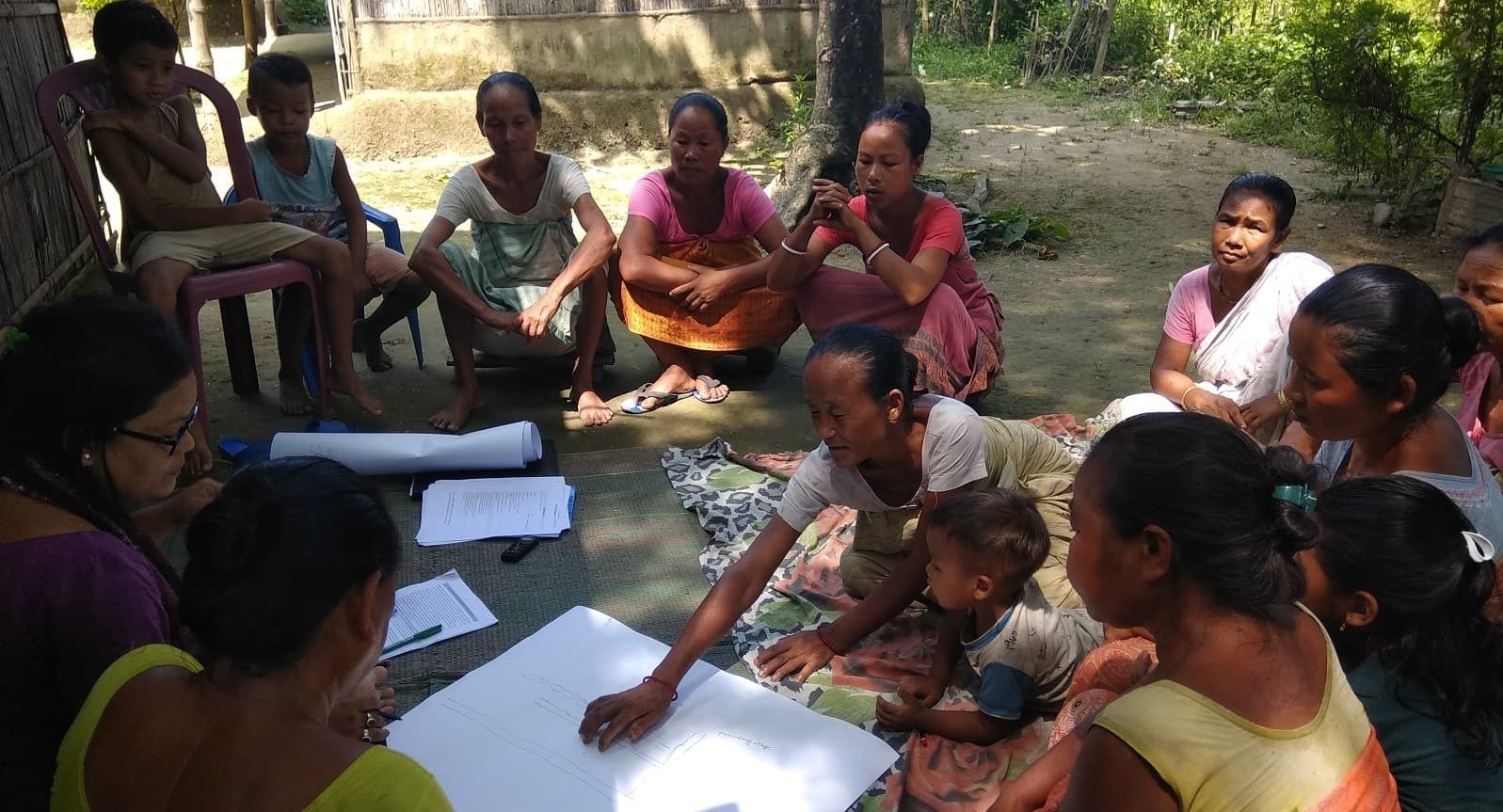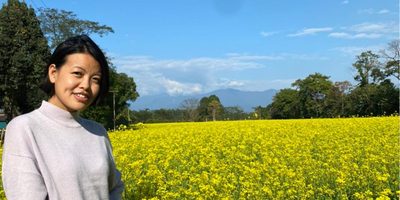
Improving the health care access among Scheduled Tribes: An implementation research in Kokrajhar district of Assam
Background:
The tribal communities in India have a population of 104 million, which accounts for 8.6% of the country’s population. They predominantly habitat in hilly and forest areas. Majority of the Indian tribal communities are leading a culturally distinct life with poverty and inadequate access to basic amenities and services including health. The fourth National Family Health Survey of India (2015-16), revealed that only 73% of tribal women received antenatal care against 86% uncategorized groups. Similarly, only 55% of tribal children were fully immunized. This low access to health care services among tribal communities can be attributed to several factors such as lack of awareness, poor access to transportation and health facilities, financial constraints, and cultural factors.
To address this burning issue, we are implementing a research project among the tribal and tea tribe communities in the Kokrajhar district in Assam state. This study intends to develop implementation strategies to improve primary healthcare access through the existing public healthcare system. This will be done by identifying and addressing implementation barriers. It is expected that the findings of the study will help develop, plan and implement the tested strategies to improve primary health care access among these tribal communities, with the expectation that the strategies will be integrated into the health system through our dissemination and advocacy efforts.
Aim:
To develop implementation strategies towards achieving universal health coverage. This will be done by identifying and addressing implementation barriers to improve healthcare access of assured quality through the existing public healthcare system without imposing financial hardship to the tribal communities.
Research Methodology:
This research design employs a quasi-experimental implementation research methodology. This methodology is also known as nonrandomized or pre-post intervention studies.
Current Status:
The team is planning to tentatively start the fieldwork from the third week of September.
Potential Impact:
We anticipate that the intervention and strategies developed may further be adapted for other tribal communities in India as well. Additionally, these will be integrated into the existing health system and services.



